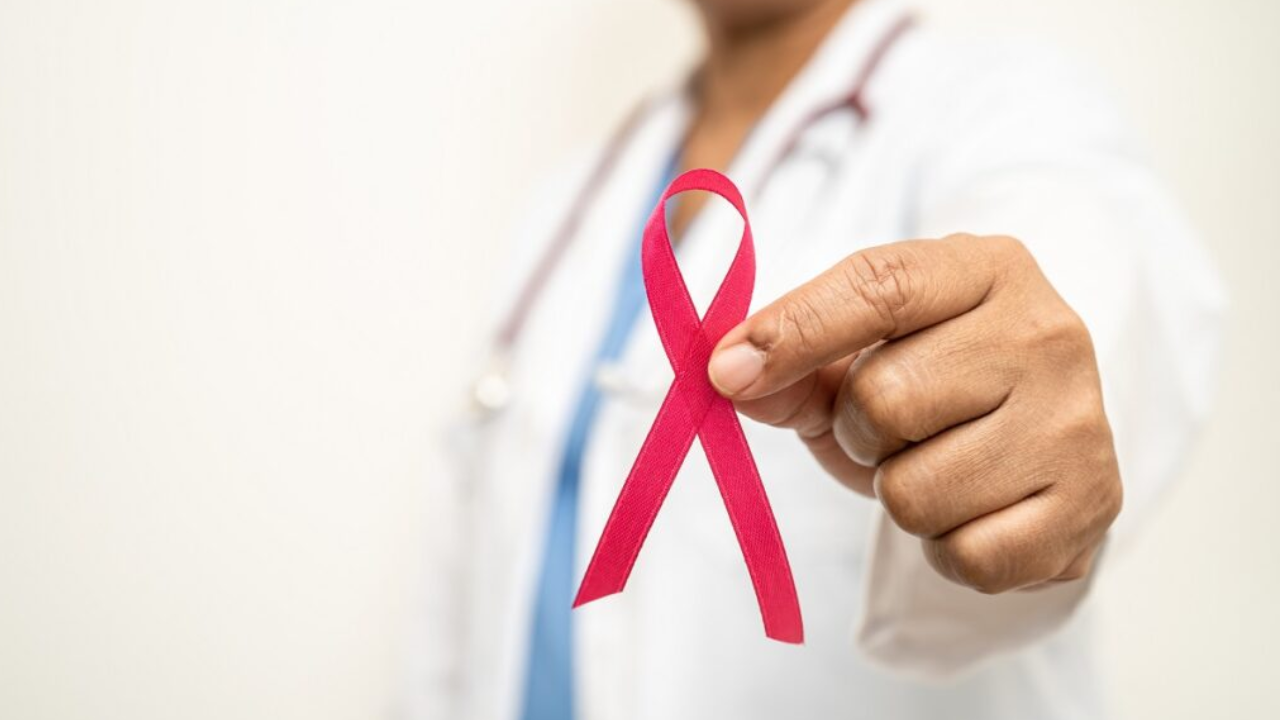Cancer is also considered a "chronic complication" of diabetes

Diabetes and cancer are two of the most prevalent chronic diseases globally. While they may seem unrelated at first glance, research has revealed a complex connection between the two. For individuals living with diabetes, the risk of developing certain types of cancer is significantly elevated, making cancer a potential chronic complication of diabetes. Understanding this relationship is crucial for individuals managing diabetes and doctors working to minimize long-term health risks.
The Link Between Diabetes and Cancer
Diabetes, particularly type 2 diabetes, has been associated with an increased risk of developing various cancers. Research indicates that individuals with diabetes are:
- More likely to develop cancers such as liver, pancreatic, endometrial, and colorectal cancer.
- At higher risk for breast and bladder cancers compared to non-diabetic individuals.
The reasons for this connection are multifaceted and involve a combination of biological, lifestyle, and environmental factors.
Biological Mechanisms
Several mechanisms explain the link between diabetes and cancer:
- Chronic Hyperglycemia: High blood sugar levels may provide a conducive environment for cancer cells to grow.
- Insulin Resistance: Elevated insulin levels, common in type 2 diabetes, may stimulate the growth of cancerous cells.
- Inflammation: Chronic inflammation, often associated with diabetes, is a known risk factor for cancer development.
- Oxidative Stress: Persistent oxidative damage to cells, triggered by high blood sugar, can lead to DNA mutations and cancer.
Shared Risk Factors
Diabetes and cancer share common risk factors, including:
- Obesity: A significant risk factor for both conditions.
- Physical Inactivity: Lack of exercise contributes to insulin resistance and increased cancer risk.
- Poor Diet: Diets high in processed foods, sugar, and unhealthy fats exacerbate risks for both diabetes and cancer.
Types of Cancer Linked to Diabetes
While diabetes is not universally linked to all cancers, certain types have a stronger correlation:
- Liver Cancer
- Diabetics are 2-3 times more likely to develop liver cancer due to the impact of fatty liver disease and chronic inflammation.
- Pancreatic Cancer
- The pancreas is central to diabetes management, making it particularly vulnerable. Chronic insulin resistance may increase susceptibility.
- Endometrial Cancer
- Linked to obesity and hormone imbalances common in type 2 diabetes.
- Colorectal Cancer
- Diabetics often have a higher risk due to chronic inflammation and delayed bowel health screening.
- Breast Cancer
- Elevated insulin levels may stimulate cell proliferation in breast tissue, increasing cancer risk in women with diabetes.
Managing Cancer Risk in Diabetic Patients
Understanding the relationship between diabetes and cancer enables better risk management. Here are key strategies to mitigate the risk:
1. Blood Sugar Control
Maintaining tight control over blood sugar levels through diet, medication, and exercise is crucial. Persistent hyperglycemia can exacerbate cancer risk, so:
- Regular monitoring and adjustments in diabetes management plans are essential.
- Medications like metformin have been shown to reduce cancer risk by improving insulin sensitivity.
2. Regular Cancer Screenings
Early detection is critical. Diabetic patients should follow recommended cancer screening schedules:
- Annual mammograms for breast cancer.
- Colonoscopies for colorectal cancer.
- Liver function tests for those with fatty liver disease.
3. Healthy Lifestyle Choices
Adopting a healthy lifestyle can address risk factors common to both conditions:
- Exercise Regularly: Aim for at least 150 minutes of moderate activity per week.
- Maintain a Healthy Weight: Focus on losing excess weight to reduce insulin resistance.
- Eat a Balanced Diet: Incorporate fiber-rich foods, whole grains, lean proteins, and healthy fats while avoiding processed foods and sugary drinks.
4. Smoking and Alcohol
- Quit smoking to reduce the risk of lung and bladder cancer.
- Limit alcohol consumption to prevent liver damage and related cancers.
Collaborative Care: Addressing the Cancer-Diabetes Connection
Managing the intersection of diabetes and cancer requires a collaborative approach between patients, doctors, and specialized centers. Patients should work closely with their endocrinologists, dietitians, and oncologists to develop a unified care plan that addresses both conditions.
- Proactive Prevention: Patients should be encouraged to adopt healthier lifestyles with the guidance of healthcare experts.
- Personalized Risk Assessments: Clinics and hospitals can offer targeted risk assessments to identify individuals at higher risk for specific cancers.
- Holistic Support: Beyond medical treatments, access to psychological support and nutritional counseling ensures patients feel empowered to make long-term changes.
With the right intervention, preventing cancer as a complication of diabetes becomes a shared goal that leads to better outcomes.
A Holistic Approach to Overcoming Cancer
While diabetes significantly raises the risk of certain cancers, proactive management and lifestyle changes can reduce this risk. Controlling blood sugar levels, maintaining a healthy lifestyle, and staying vigilant with screenings are critical steps in mitigating cancer as a chronic complication of diabetes.
KKR Hospital in Chennai is committed to empowering patients with the tools and knowledge to prevent complications and live healthier lives. By addressing the overlap between diabetes and cancer risks, they aim to create a future where these conditions can be managed more effectively.
